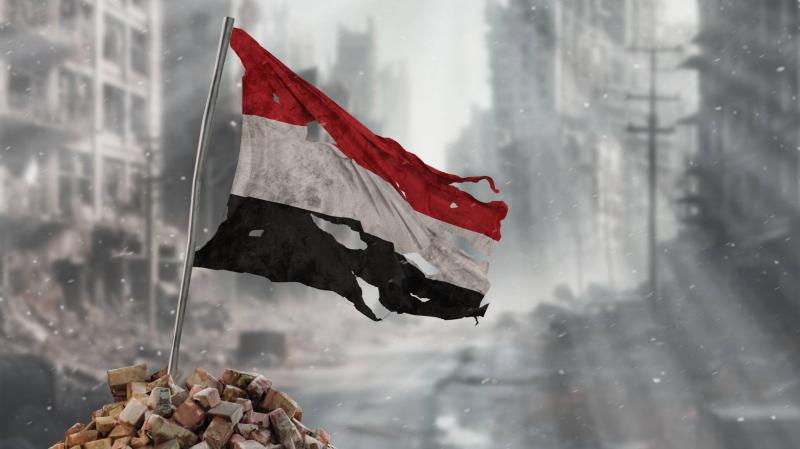Yemen visited me early in life, during my elementary school years in the mid-1950s. After Libya gained independence in 1952, the government of the Fazzan province promptly opened schools across the region. Teachers came from the province of Tripoli, where they received double salaries upon transferring to teach in Fazzan’s schools. Most of the students had memorized parts of the Quran at the Kuttab. A large elementary school was built in our village, complete with accommodations for teachers, and the government provided full daily meals for the students.
UNESCO’s mission in Libya rented a small room from a local resident, turning it into a small library stocked with around fifty books. The young teachers from Tripoli were infused with an indescribable national fervor. One unforgettable teacher from Tripoli, Hussein Salem Muktif, accompanied us every evening to the nearby library, keen to know which books each student chose and discussed their reasons for their selections.
I chose the book "I Was a Doctor in Yemen," memoirs by the French doctor Claudie Fayein, who worked in Yemen in 1951. I read the book with boundless enthusiasm, and Hussein Salem discussed with each student what they had read the previous day, helping them understand the book's content. He asked me to present to my classmates what I had read. The French doctor’s memoirs provided a detailed description of the social, political, economic, and religious life in Imamic Yemen, and the teacher assisted in explaining what I presented.
Despite the recent establishment of the state in our country and the widespread poverty and lack of services, even their complete absence in some areas, everyone was surprised by the peculiarity described in the French doctor’s book. In short, it depicted complete isolation in that faraway Arab land. We had a clinic with a local nurse who learned Italian, enabling him to read medicines from Italy, and a French doctor who visited us monthly to examine students, with inspectors coming from Sabha, the capital of Fazzan province, to oversee the educational process. Women worked in farms and moved freely within the village. We didn't have a police presence in our town; people didn’t lock their doors at night, and there was no government presence or crime—or even verbal disputes.
What was written in the French doctor's book remained a topic of discussion among the students for days and even reached some of the residents. It seemed mysterious and bizarre to everyone, with some believing and others doubting what they heard.
In the early 1960s, with the advent of radio, the voice of the Arabs from Cairo echoed the Yemeni people's revolution against the backward Imamate regime, which isolated its people behind walls cut off from the world. A war erupted between revolutionaries and supporters of the Imam's regime. After years, peace returned to Sana'a, only for a series of military coups to begin in the new happy Yemen. A low or middle-ranking officer would lead a coup and take power, only to be overpowered by another who would kill him within months.
The unification of the northern part with the southern part was a dream, but once achieved, war broke out between the two brotherly regions. The south, having freed itself from British control and embraced communist ideology, saw its leaders kill each other in a leadership council meeting. President Ali Abdullah Saleh, who rose from a sergeant in the North Yemeni army to a marshal, ruled the country for three decades, "dancing on the heads of snakes," as he claimed, until he was killed like his predecessors. The twisted dagger in the belt on every chest loudly spoke of the intentions within people's minds.
The Yemenis demolished the walls built by the Imams over the centuries that isolated their country, stepping into the new era but with the same tools in their belts. Daggers became rifles, cannons, and missiles, and wars transcended tribes, crossing borders with ideological religious fuel provided by a regional power, poured into pipes made in a past time but not buried.
The ancients said that wisdom is Yemeni, but the ancestral dagger carried by both the old and young in Yemen scared wisdom away into the caves carved into the mountains of Yemen, where it withered, leaving the dagger as the ever-present, not awaited, Imam.
Yemen’s poets sang for it, suffering and hoping, but the bloody pain was the mountain whose rocks never ceased to explode. The great Yemeni poet Abdullah Al-Baradouni, in an ode to his father, lamented:
"What shall I speak of, father, of Sana’a,
Beloved by the twin curse of consumption and scabies."
Sana’a, the capital with its time-raised towers adorned in lavish beauty, crumbled from within due to the tools of violence and the ancient dagger mentality, becoming a chronic beloved for what its great poet Abdullah Al-Baradouni described.



